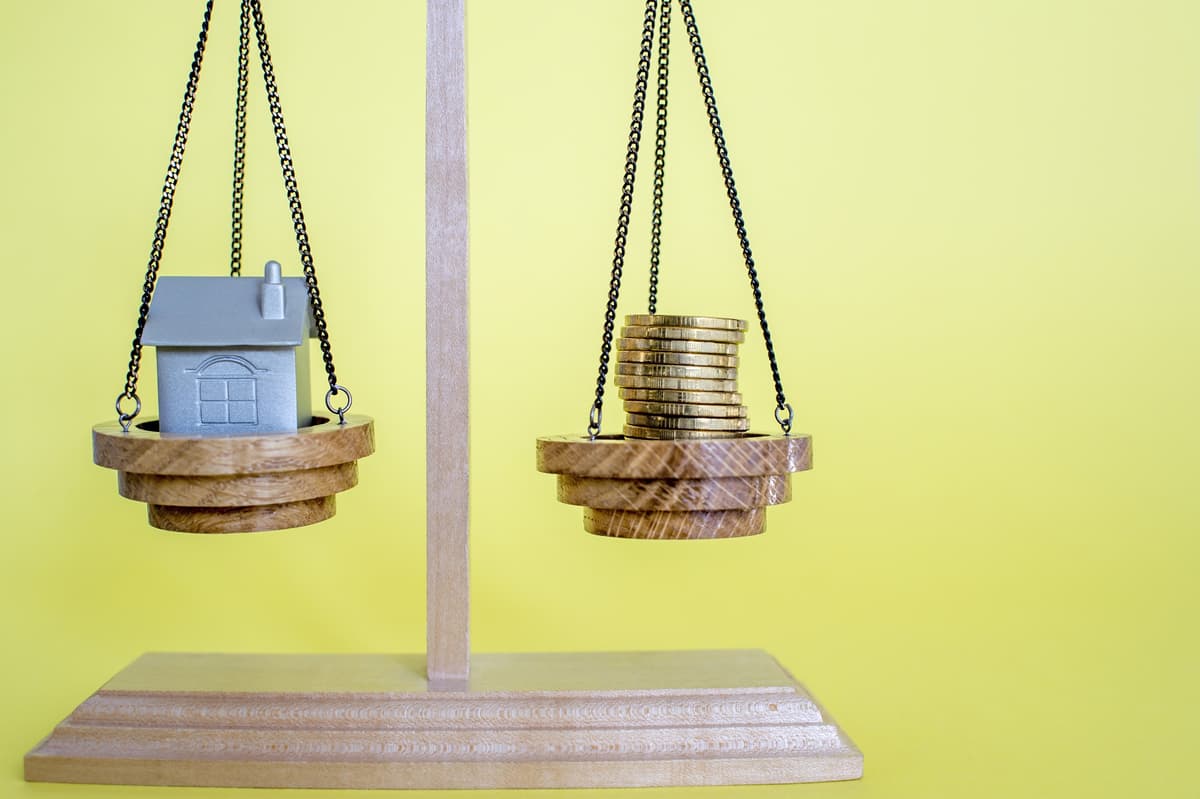What Happens if My Shared Ownership Property Changes in Value?
If Shared Ownership properties change in value, what does that mean for you?

If Shared Ownership properties change in value, what does that mean for you?

If you have not staircased to own 100% of the property when you go to sell, then you will need to tell your landlord and they will try to find a buyer for your share of the house. The value will be no more than the market value of your share.
If they cannot find a suitable buyer, then you can sell your share yourself on the open market where the price will be based on the results of a valuation.
You are able to make changes such as painting, decorating, and refurbishing the interior of your Shared Ownership house. However, you may need to gain permission from your landlord to make any structural or major changes to the property.
Compare moving quotes in 4 simple steps